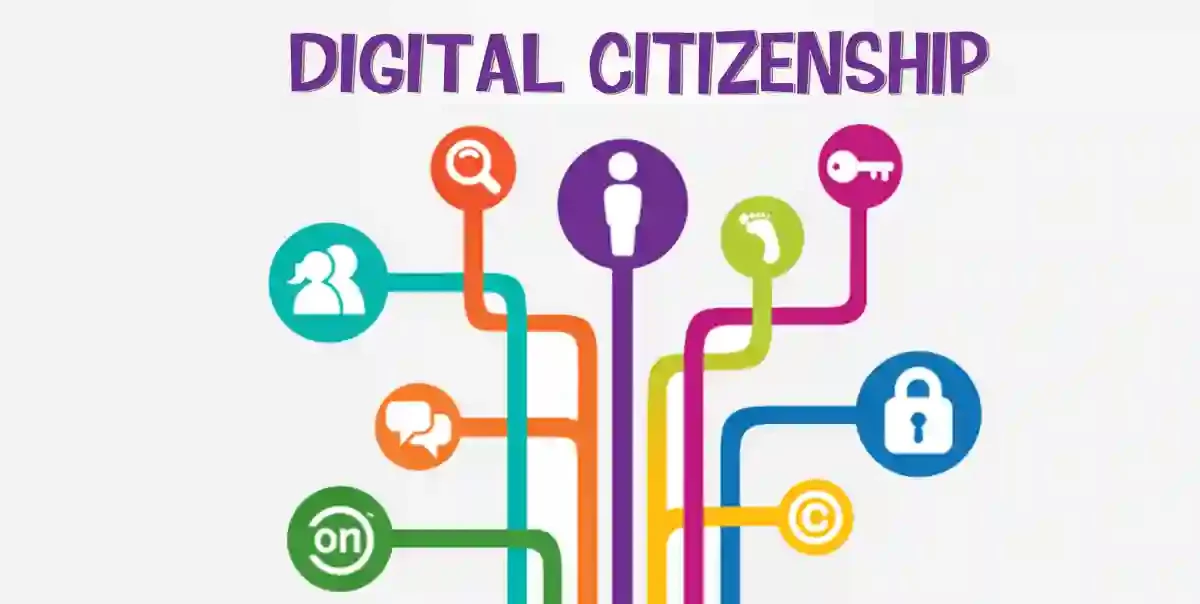In the digital age, our lives are increasingly intertwined with the online world. We communicate, work, shop, and seek entertainment through digital platforms. With this digital integration comes a responsibility to be good digital citizens, navigating the ethical landscape of the internet. In this article, we will explore the concept of digital citizenship, discuss the key principles that guide ethical behavior online, and provide tips for being a responsible digital citizen in a constantly evolving digital landscape.
What Is Digital Citizenship?
Digital citizenship refers to the responsible and ethical use of technology and digital platforms. It encompasses a wide range of behaviors, attitudes, and practices that individuals and communities should adopt while interacting in the online world. Just as in the physical world, where citizenship entails rights and responsibilities, digital citizenship carries its own set of principles and obligations.
The Key Principles of Digital Citizenship
To be a responsible digital citizen, it is essential to understand and practice these key principles:
- Respect for Others: Respect for others’ privacy, feelings, and rights is fundamental. Avoid cyberbullying, harassment, hate speech, and any form of online behavior that seeks to harm or demean others.
- Digital Literacy: Being digitally literate means having the skills and knowledge to navigate the digital landscape effectively. This includes critical thinking, media literacy, and the ability to discern credible information from misinformation or fake news.
- Online Safety: Protecting your personal information and ensuring your online safety is paramount. Use strong, unique passwords, enable two-factor authentication, and be cautious about sharing personal details with strangers online.
- Cybersecurity: Being aware of cybersecurity threats and practicing safe online habits is essential. Regularly update your software, use antivirus programs, and be cautious when clicking on links or downloading files.
- Responsible Content Creation: If you create and share content online, do so responsibly. Respect copyright laws, give proper credit to creators, and be mindful of the potential impact of your content on others.
- Digital Etiquette: Good digital etiquette, also known as netiquette, involves using polite and respectful language in online communication. Be considerate of others’ time and opinions, and avoid aggressive or confrontational behavior.
- Critical Thinking: Develop a critical mindset when consuming information online. Question the validity of sources, fact-check information, and be aware of the potential for bias in news and content.
- Balanced Screen Time: Strive for a healthy balance between online and offline activities. Excessive screen time can have adverse effects on physical and mental well-being.
Tips for Being a Responsible Digital Citizen
Now that we’ve covered the key principles of digital citizenship, let’s explore practical tips for becoming a responsible digital citizen:
- Educate Yourself: Stay informed about digital trends, online privacy, and cybersecurity. Continuously improve your digital literacy to make informed choices online.
- Think Before You Post: Before sharing content or making comments online, consider the potential impact on others. Avoid spreading false information or engaging in hurtful behavior.
- Protect Your Privacy: Be mindful of the information you share online. Adjust your privacy settings on social media platforms and limit the personal information you disclose.
- Practice Good Password Hygiene: Use strong, unique passwords for different accounts, and consider using a password manager to help you keep track of them securely.
- Report and Block: If you encounter harmful or abusive behavior online, report it to the platform administrators and consider blocking the offender. Reporting helps create a safer online environment for everyone.
- Verify Information: Before believing and sharing information, especially on social media, take the time to verify its accuracy. Misinformation can spread rapidly and have real-world consequences.
- Engage in Constructive Conversations: When participating in online discussions or debates, strive to be respectful and constructive. Avoid personal attacks and focus on the topic at hand.
- Teach and Mentor: Share your knowledge of digital citizenship with others, especially younger generations. Be a positive influence and guide them in responsible online behavior.
- Support Online Communities: Contribute positively to online communities and discussions. Encourage inclusivity and discourage harmful behavior when you encounter it.
- Stay Informed About Legislation: Be aware of digital laws and regulations in your region. Understand your rights and responsibilities in the online world.
The Challenge of Digital Citizenship in a Changing World
Digital citizenship is not static; it evolves alongside technology and societal norms. As new technologies emerge and online behaviors change, the principles of digital citizenship may need to adapt. Additionally, the global nature of the internet means that digital citizenship can vary between cultures and regions. It is essential to stay flexible and open to evolving ethical standards in the digital realm.
Conclusion
Digital citizenship is a fundamental concept in our increasingly connected world. Being a responsible digital citizen involves not only following ethical principles but also actively contributing to a positive and safe online environment. By practicing respect, digital literacy, online safety, and responsible content creation, you can play a part in making the internet a better place for all users. Digital citizenship is not just a set of rules; it is a mindset and a commitment to upholding ethical standards in the digital age.


